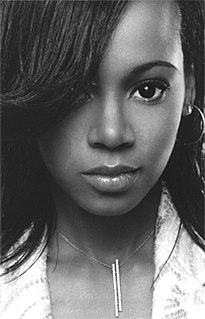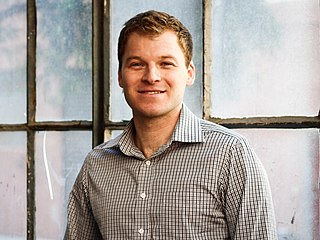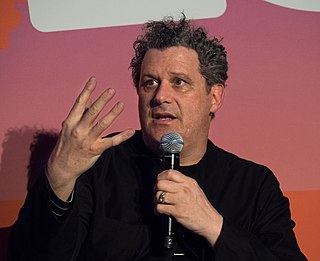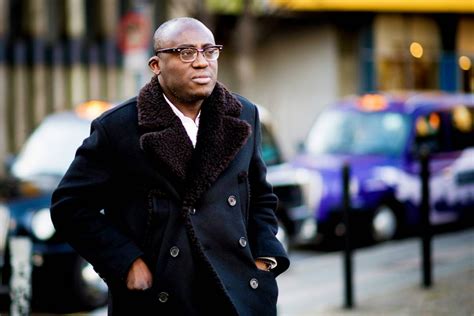Top 1200 Business Models Quotes & Sayings - Page 3
Explore popular Business Models quotes.
Last updated on November 24, 2024.
Models eat. They're crazy about moderation, but they eat. There's this feeling that all models are into drugs or drinking or whatever, but I've got to say, 99% of the girls I work with are the healthiest people I know. Of course, as humans, we're not going to eat salads and organic food all the time.
I do think that metaphysical exploration is like scientific exploration, in the sense that philosophers and scientists are both developing models of reality, and furthermore that we all rely to a significant extent on the idea that models which provide elegant, simple and satisfying explanations are more likely to be true.
For the theory-practice iteration to work, the scientist must be, as it were, mentally ambidextrous; fascinated equally on the one hand by possible meanings, theories, and tentative models to be induced from data and the practical reality of the real world, and on the other with the factual implications deducible from tentative theories, models and hypotheses.
Until now, physical theories have been regarded as merely models with approximately describe the reality of nature. As the models improve, so the fit between theory and reality gets closer. Some physicists are now claiming that supergravity is the reality, that the model and the real world are in mathematically perfect accord.
I think there was a warmer relationship between the models and the designers and even the businesspeople involved. It was not so cut-throat and not so corporate. And I think today it's just big business and big money, and I don't think the human relationship is there as much. I think it's very changed.
The Internet is a really big tent. In theory, it can support the full range of models, one of which is, 'Here's my information and I'm happy you can use it,' and the other one is, 'Here's the information and you can't have it unless you pay me for it,' and perhaps some things in-between. There is a full spectrum of models.
I think China thinks information technology is less important than we think it is in the US, economically, and more important politically. And so Chinese internet companies are extremely political, they're protected behind the great firewall of China, and investment in Alibaba is good as long as Jack Ma stays in the good graces of the Chinese communist party. Alibaba is largely copying various business models from the US; they have combined some things in interesting new ways, but I think it's fundamentally a business that works because of the political protection you get in China.
I want to let [my photographs] be something that comes from the model in her own way. I don't want to take the models too much out of their own skin. I realized that I wanted to create a marriage between who the person was, the nature, the beauty in the figure, and how the models sat or posed themselves.
A big factor is that the enthusiast camp's values are really rooted in Silicon Valley and in these supposedly new business models. But again, I think this such an interesting moment because things like the NSA revelations are really forcing people to recognize the connections between corporate and government surveillance.
The older supermodels sometimes don't agree with the fact there is a new generation of models. We're not saying we're supermodels. I'd rather people look at us as businesspeople, and, yes, modeling is our business right now, but we're not trying to take anybody's spot, and we're not trying to discredit the past.
Digitization and new technologies are rapidly changing all industries, forcing them to prepare for a tomorrow that is unpredictable. This also applies to the industry of container shipping, ports, and logistics, which largely has been driven by the traditional business models focused on optimizing how you move goods.
The current siege on higher education, whether through defunding education, eliminating tenure, tying research to military needs, or imposing business models of efficiency and accountability, poses a dire threat not only to faculty and students who carry the mantle of university self-governance, but also to democracy itself.
Cryptocurrencies are not evil and are not for money launderers and scammers. They are for entrepreneurs, technologists, change-the-world dreamers, and anyone who believes they can (and will) enable new business models, new types of organizations, and new ways to service consumers and businesses alike.
The great challenge of the 21st century is to provide good standards of living for 7 billion people without depleting the earth's resources or running up massive levels of public debt. To achieve this, government and business alike will need to find new models of growth that are in both environmental and economic balance.

























































